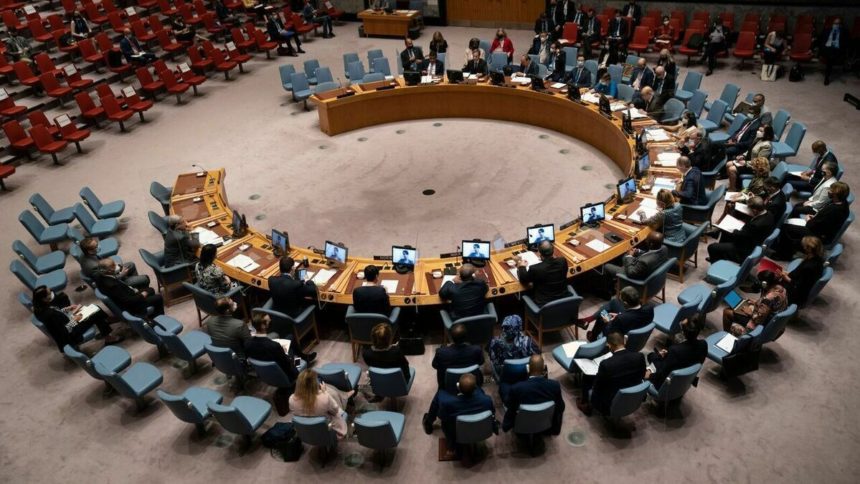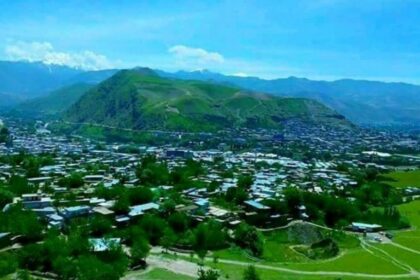RASC: Following the political developments that took place with the domination of Afghanistan by the Taliban group, the representatives of countries including Russia, Britain, Pakistan, India, Qatar and Switzerland expressed concern regarding the humanitarian crisis and the increase in the number of people in need of humanitarian aid.
The representatives of these countries have raised these concerns in the Security Council by discussing issues such as famine and food security in relation to the human situation in Afghanistan.
British Ambassador to the United Nations, Barbara Woodward, said that the Secretary-General’s agenda for peace seeks to create multilateral cooperation between countries and prioritize women, including women in Afghanistan, in peace plans.
Dmitry Polyansky, the first deputy permanent representative of Russia to the United Nations, said that the actions of the United States and its allies have directly or indirectly aggravated the food crisis.
He added, “For example, Afghanistan has been struggling for more than 20 years to get out of the abyss of hunger and poverty because of the experiments that the US-led coalition did to democratize this deeply traditional country in a Western way.”
Mohammad Amir Khan, Deputy Permanent Representative of Pakistan to the United Nations, also said that 117 million people out of 258 million people who suffer from food insecurity live in 19 war and conflict zones and it is possible that 15.3 million Afghanistani citizens face severe food insecurity.
He said: “Pakistan supports 29 million Afghanistani people in need of humanitarian aid and those who are trying to revive Afghanistan’s economy.”
It should be mentioned that in Afghanistan under the control of the Taliban group, by imposing severe restrictions on the work and activities of women, half of the society has been deprived of the country’s economic growth.
It should be noted that in Afghanistan under the control of the Taliban group, more and more restrictions are imposed on the life of this class.






